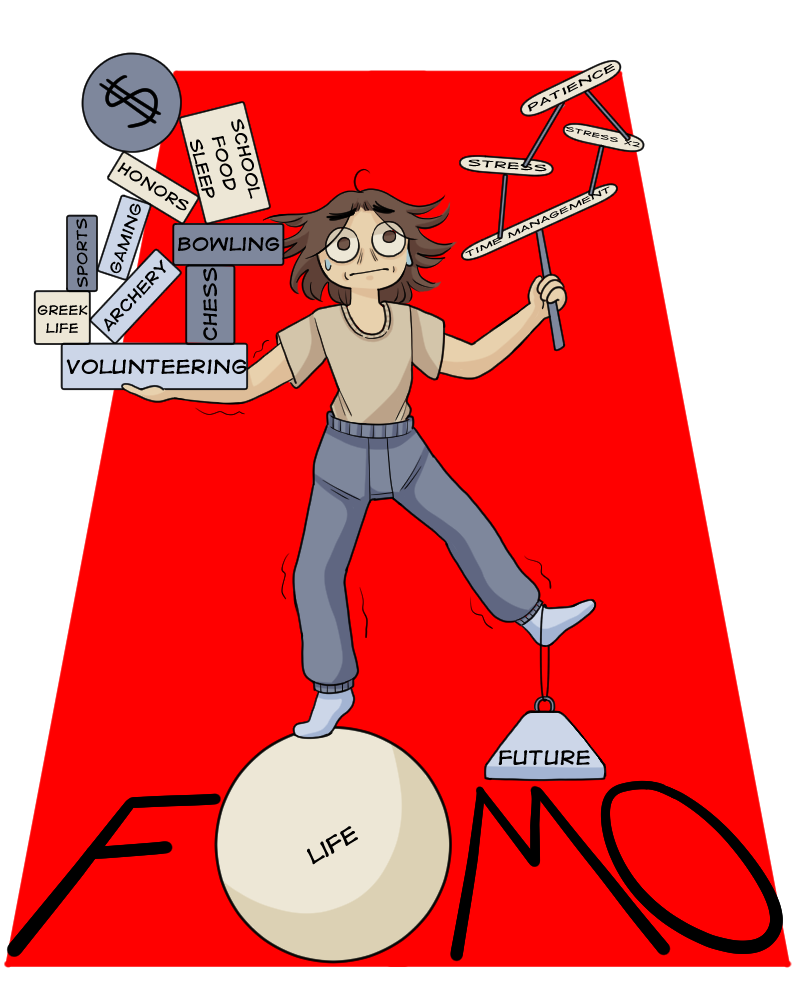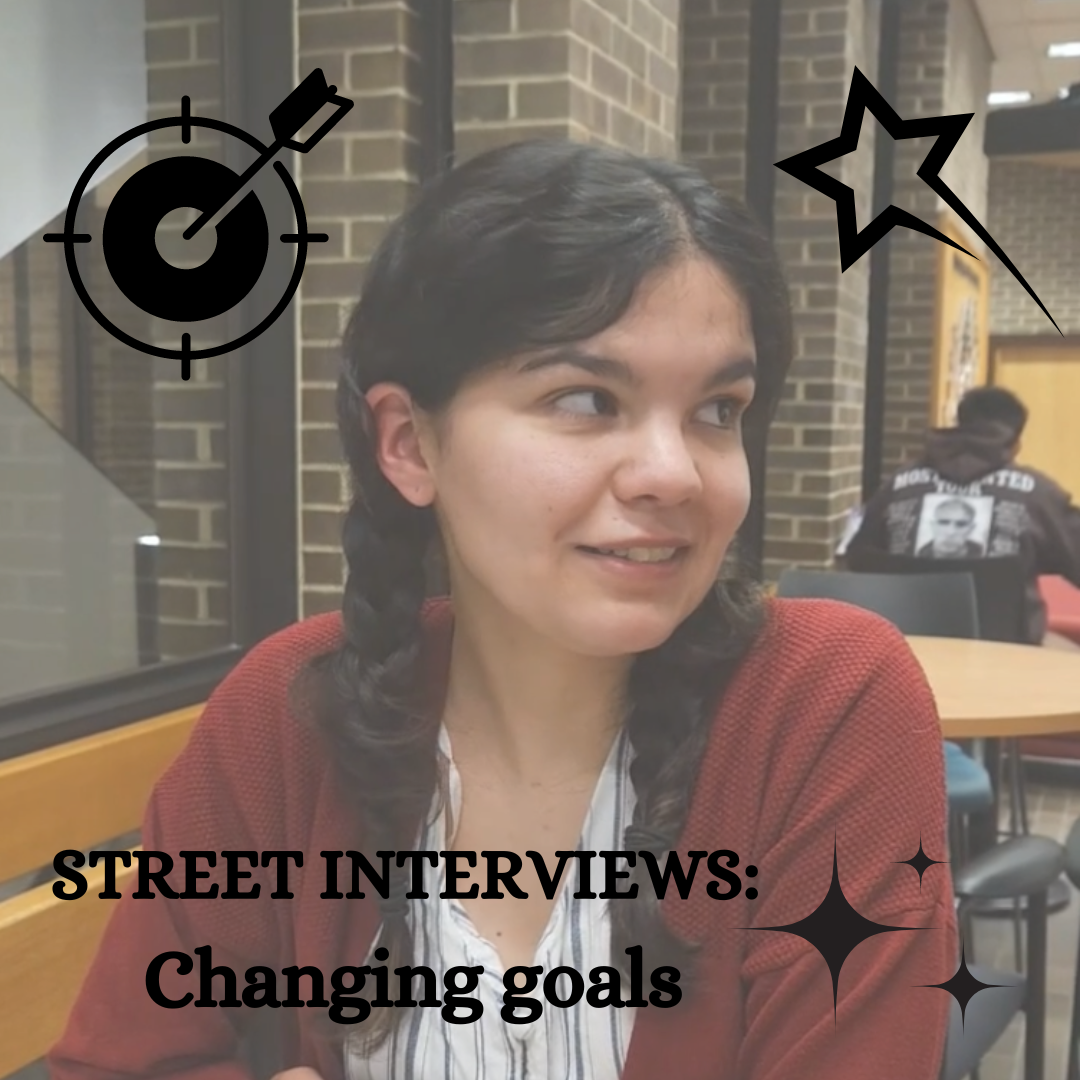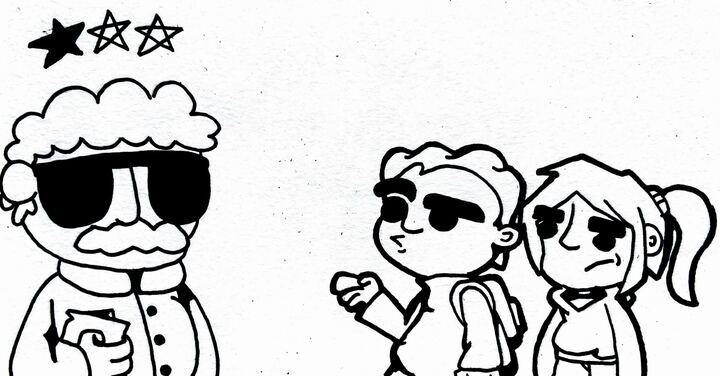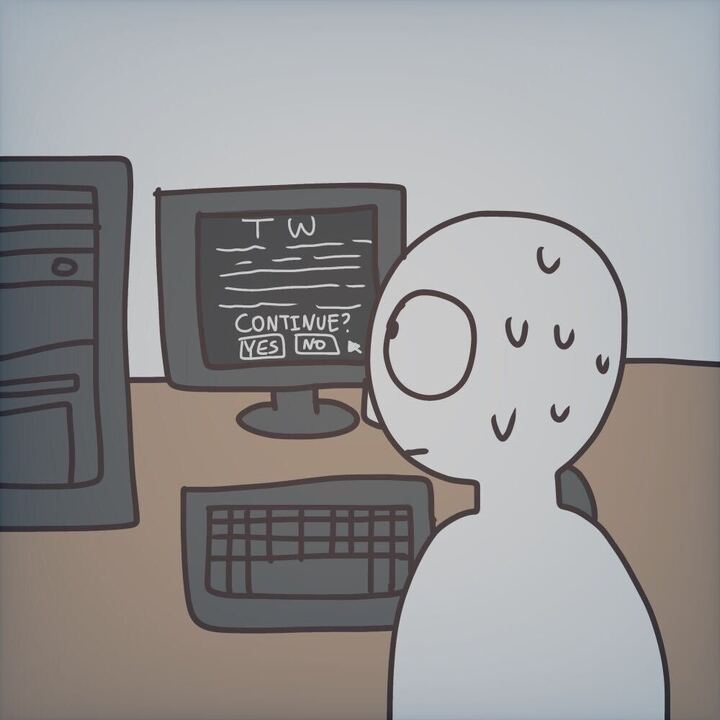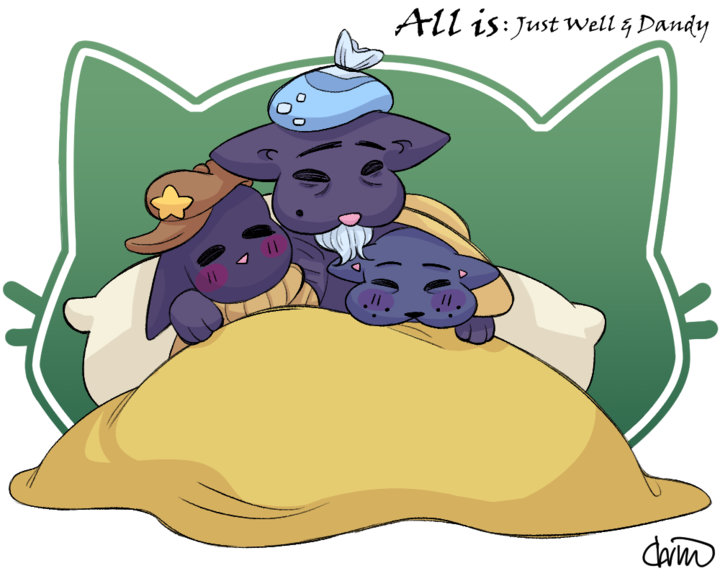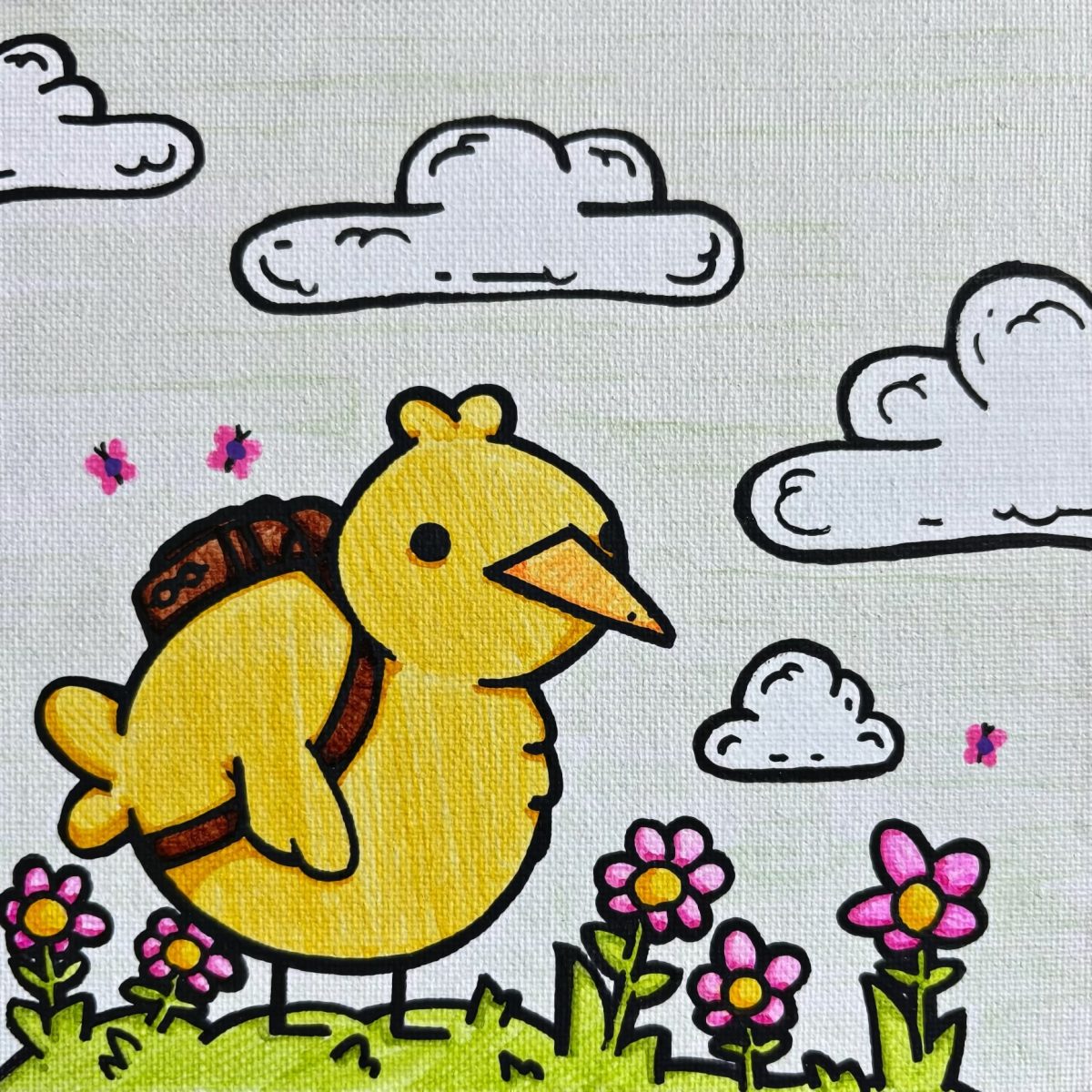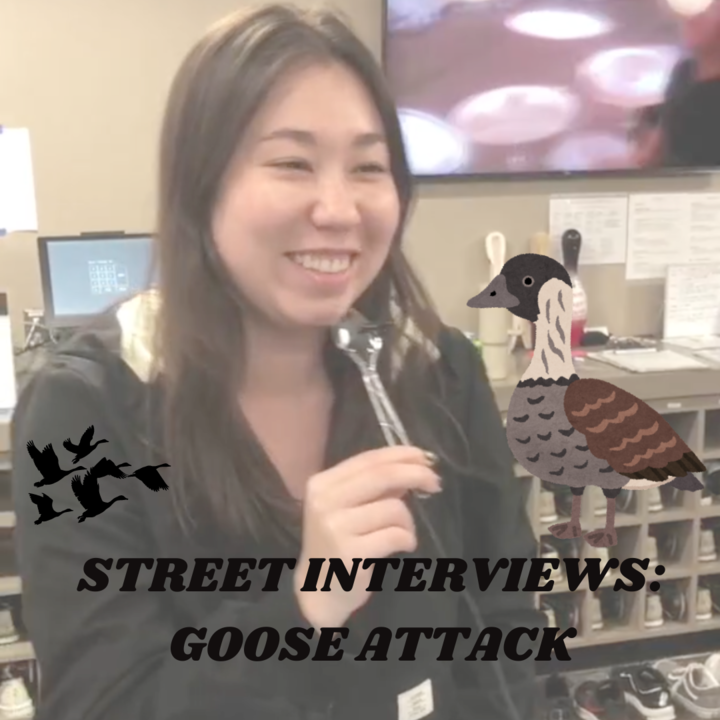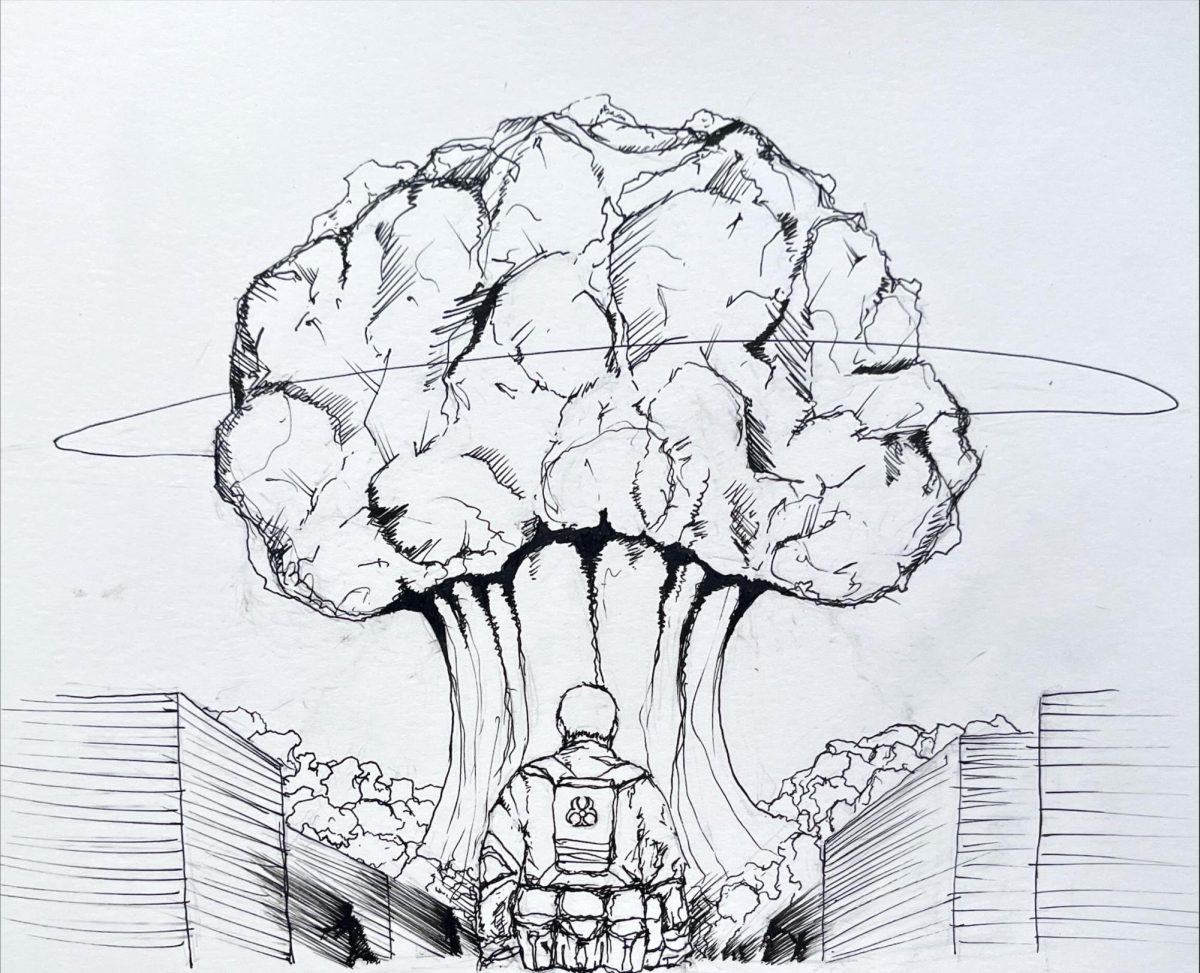College is a time for students to explore interests and invest in themselves. Because of this, students frequently struggle with fear of missing out or FOMO. The fear of being left out at social events and academic opportunities is unnecessary, and students should prioritize their well-being instead.
Fear of missing out is the overwhelming want to always be in the know about what other people are up to, driven by the constant worry that others could be enjoying more fulfilling experiences than us. Individuals with FOMO may experience irritability, anxiety and inadequacy, with self-esteem and underlying predispositions potentially impacting higher levels of FOMO, according to the Journal of Business & Economics Research.
Students browse through social media and see photos of their friends at college parties or getting internships. Subsequently, negative feelings arise, leading to questions such as “Am I doing enough?” or “Should I be there too?”
Victor Becerra Cano, a junior communicative disorders major, said if he’s not involved in many activities then he doesn’t feel part of the student body.
“I’m the president of one organization called the Communicative Disorders Student Association COMDSA. I’m secretary of the Hispanic Association of Bilingual Language Acquisition, HABLA, and I’m social media coordinator for Music and Memory,” Becerra Cano said. “Those are, like, the big three that I’m heavily involved in, but I also translate newsletters for the autism caregiver group.”
Staying ahead of the curve and making the most of every opportunity may be stressful. Students may say “yes” to every invitation or overcommit to extracurriculars to avoid missing out. However, there is a price to pay for this never-ending hustling.
Suzanne Degges-White, chair of the Department of Counseling and Higher Education, said people sometimes worry that whatever choice we make is going to exclude other choices which are always anxiety-provoking.
“You can’t do it all, and no one expects anyone to do it all, because when you do, you have so many things to do, and you forget that you’re supposed to enjoy your college time,” Degges-White said. “It’s time to enjoy, to explore, to get involved in things, but you don’t have to do it all.”
As the semester progresses, FOMO might set in. Students may worry about people’s social experiences, and it may head off their dissatisfaction, which has been associated with negative impacts on FOMO and the development of mental health issues, according to the National Library of Medicine.
Risks include burnout, marked by emotional exhaustion, dissatisfaction and lower efficiency. Students manage heavy course loads, social commitments and personal responsibilities while feeling anxious and overwhelmed.
“I experienced burnout, it was like toward the beginning of this semester, simply because I had to start planning everything again for this upcoming spring,” Becerra Cano said. “And so having to plan everything for those three organizations, I kind of, like, took one week where I just, I couldn’t do anything. I just kept having constant headaches.”
Additionally, self-care can be compromised as a result of the constant search for involvement and relations. To keep up with busy college life schedules, many students resort to unhealthy habits like skipping meals, not getting enough sleep or ignoring their limits.
Despite everything, there is hope. By recognizing FOMO and taking action, students may safeguard their mental health and prevent burnout.
“Limit your social media time. Just mind your intake, really cut back and focus on the people around you. And that’s the problem, that when we’re often in our little social world, we’re going to fear we’re missing out, but the thing is we’re missing out on what’s happening around us,” Degges-White said.
Realistic expectations are essential. No one can be everywhere and do everything. Choose activities that fit personal values and goals, and say “no” when required. Being aware of wants and feelings is important, and remember quality frequently beats quantity.
Viviana Cortes, a senior communicative disorders major, said she manages feelings of FOMO by assuring herself she can’t do everything at once.
“I know that the ones (student organizations) that I’m doing right now are the ones that I’m truly passionate about and really wanna put all my effort in, so that is always kind of reassuring and balances out, like, all the negative aspects of FOMO,” Cortes said.
It’s important to have a solid support network. Surround yourself with supportive friends, family and mentors. When FOMO takes over, ask them for advice.
Finally, college is about finding balance and fulfillment, not chasing every opportunity. Students should seek a balance between pursuing their passions and being happy with their level of commitment while disregarding feelings of FOMO.



